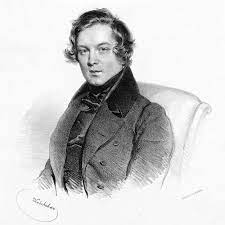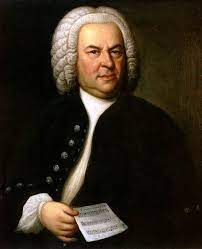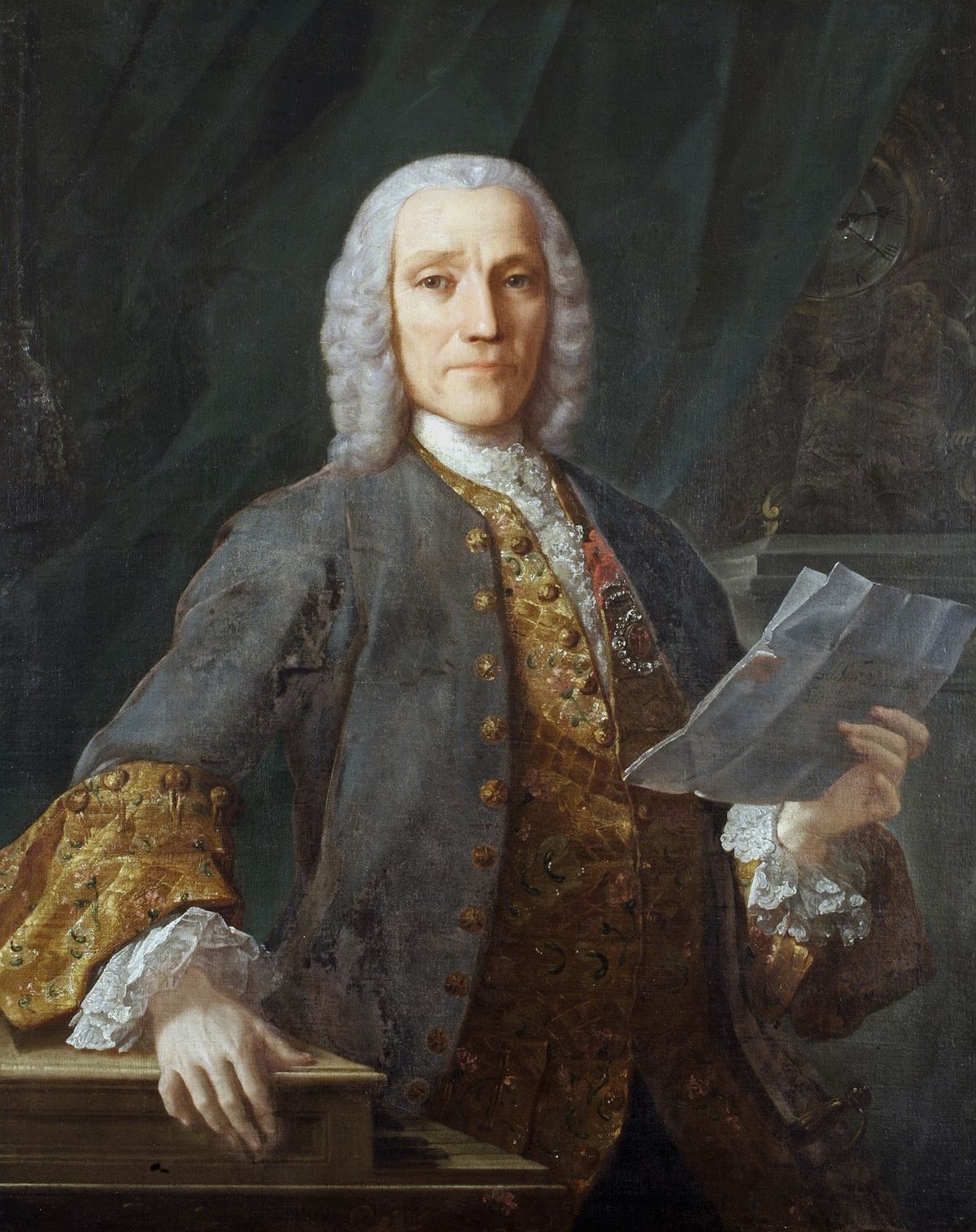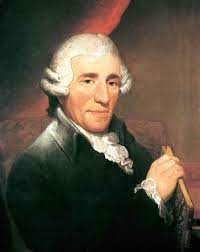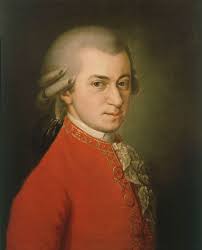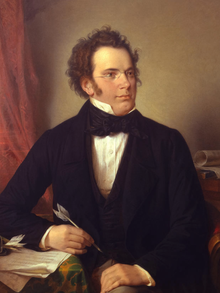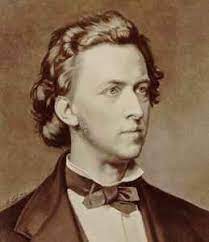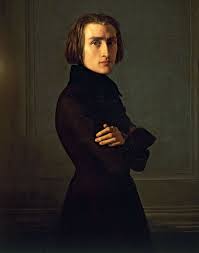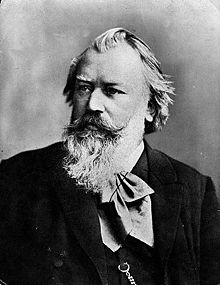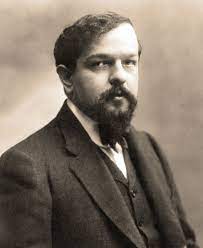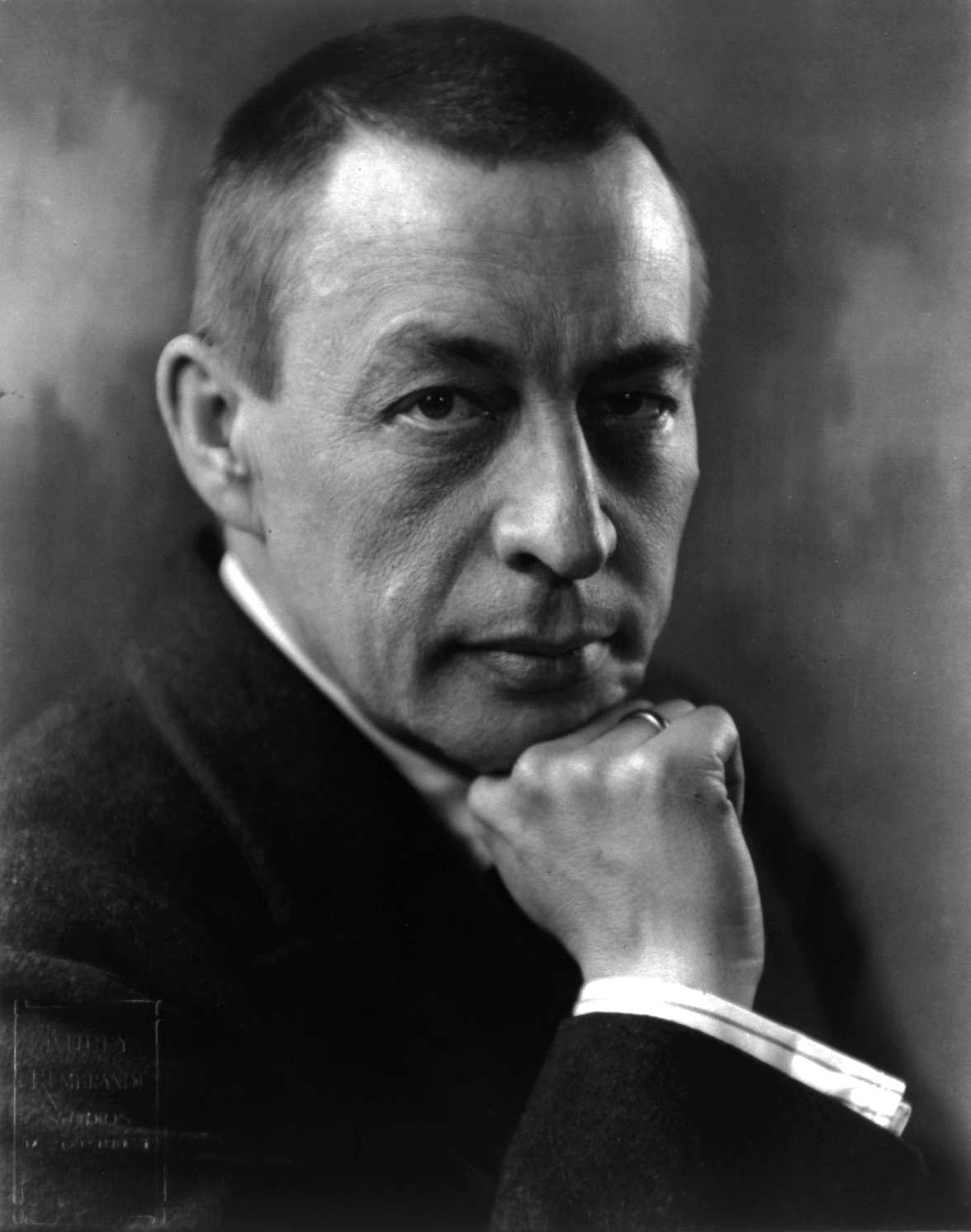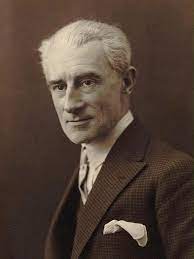Schumann's father was a bookseller and publisher who encouraged his son's early interest in literature and music. Schumann began studying piano at a young age and showed great promise as a musician. However, his plans to become a concert pianist were derailed by a hand injury that left him unable to perform. Instead, he turned his attention to composition and music criticism, becoming one of the most influential music critics of his time.
Popular Works
- Fantasiestücke, Op. 12
- Kreisleriana, Op. 16
- Dichterliebe, Op. 48
- Kinderszenen, Op. 15
- Carnaval, Op. 9
- Piano Quintet in E-flat major, Op. 44
- Symphony No. 3 in E-flat major, Op. 97 ("Rhenish")
Three Superstars of Paris "Chopin, Liszt, and Schumann"
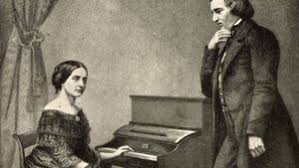
During the 19th century, Paris was a vibrant center of artistic and cultural activity, and it attracted some of the greatest musicians of the time, including Liszt, Schumann, and Chopin. These three composers were considered superstars of the Parisian music scene, and they formed close friendships and professional relationships with each other. Liszt was known for his virtuosic piano playing and his innovative compositions, which often featured new techniques and forms. He was also a charismatic figure who had many famous affairs and was known for his extravagant lifestyle. Schumann was a prolific composer who was deeply influenced by literature and poetry. He was also a music critic and editor, and he played an important role in promoting the music of other composers, including Chopin. Chopin was a Polish composer and pianist who was renowned for his poetic and lyrical piano music. He was a regular performer at Parisian salons and was known for his elegant playing style and refined manners. Chopin and Schumann were close friends, and Schumann wrote a famous review of Chopin's music that helped to establish his reputation as a composer. Overall, Liszt, Schumann, and Chopin were all important figures in the development of Romantic music, and their contributions to the Parisian music scene helped to shape the course of music history.
Personal Life
Robert Schumann had a tumultuous personal life filled with emotional highs and lows. He was born in Zwickau, Saxony in 1810, the son of a bookseller and publisher. From a young age, he showed a talent for music, but his father disapproved of his career choice and sent him to study law at the University of Leipzig. However, Schumann's passion for music was too strong to ignore, and he soon abandoned his legal studies to focus on music. Schumann struggled with mental illness throughout his life, which manifested in the form of severe mood swings, anxiety, and depression. In 1833, he began experiencing auditory hallucinations and became convinced that he was going insane. He attempted suicide by jumping off a bridge into the Rhine River, but was rescued by a fisherman. After this incident, Schumann was committed to a mental institution for several weeks. Despite these challenges, Schumann's personal life was marked by his deep love for his wife, Clara Wieck, a gifted pianist whom he had known since childhood. They were married in 1840, after a long and difficult courtship, and their relationship was a source of great inspiration for Schumann's music. Clara's support and encouragement helped him through many difficult periods of his life.
Legacy
Schumann's legacy as a composer is substantial and far-reaching. He is widely regarded as one of the most important composers of the Romantic period, and his works have had a profound impact on the development of Western classical music. His music was known for its lyricism and emotional intensity, as well as its innovative harmonies and structures. Schumann's influence can be felt in the works of many later composers, including Brahms, Mahler, and Debussy. He also played an important role in the development of the art song, or Lied, which became a major genre of Romantic music. In addition to his musical contributions, Schumann was also an influential critic and editor, and his writings on music helped to shape the tastes of the public and the direction of the music world during his lifetime.
Performed by Emanual Ax hr-Sinfoniekonzert Alte Oper Frankfurt, 11. Dezember 2015 ∙
Des Abends
"Des Abends" is the first piece in Schumann's "Fantasiestücke," a set of eight pieces for piano. It is a lyrical and expressive piece, and is one of Schumann's most well-known works. The piece is marked "sehr innig und nicht zu rasch," which translates to "very intimately and not too quickly." It is meant to be played with a delicate touch, conveying the sense of intimacy and introspection that Schumann was trying to express. The piece is in the key of F major and is in 3/4 time. It begins with a simple melody in the right hand, accompanied by a flowing, arpeggiated figure in the left hand. As the piece progresses, the melody becomes more complex and expressive, with a wide range of dynamics and subtle changes in tempo. The piece ends quietly and introspectively, with a sense of resignation and acceptance. "Des Abends" is a beautiful example of Schumann's lyrical and expressive style, and it is one of his most beloved works. Its delicate and intimate character make it a favorite among pianists and listeners alike.
The Death
Schumann's later years were marked by declining mental health, and he was eventually institutionalized after attempting suicide. He died two years later in 1856. Despite his struggles, Schumann's music continues to be beloved by audiences today. His contributions to the development of Romantic music, particularly in the realm of program music, have cemented his legacy as one of the great composers of the 19th century.
